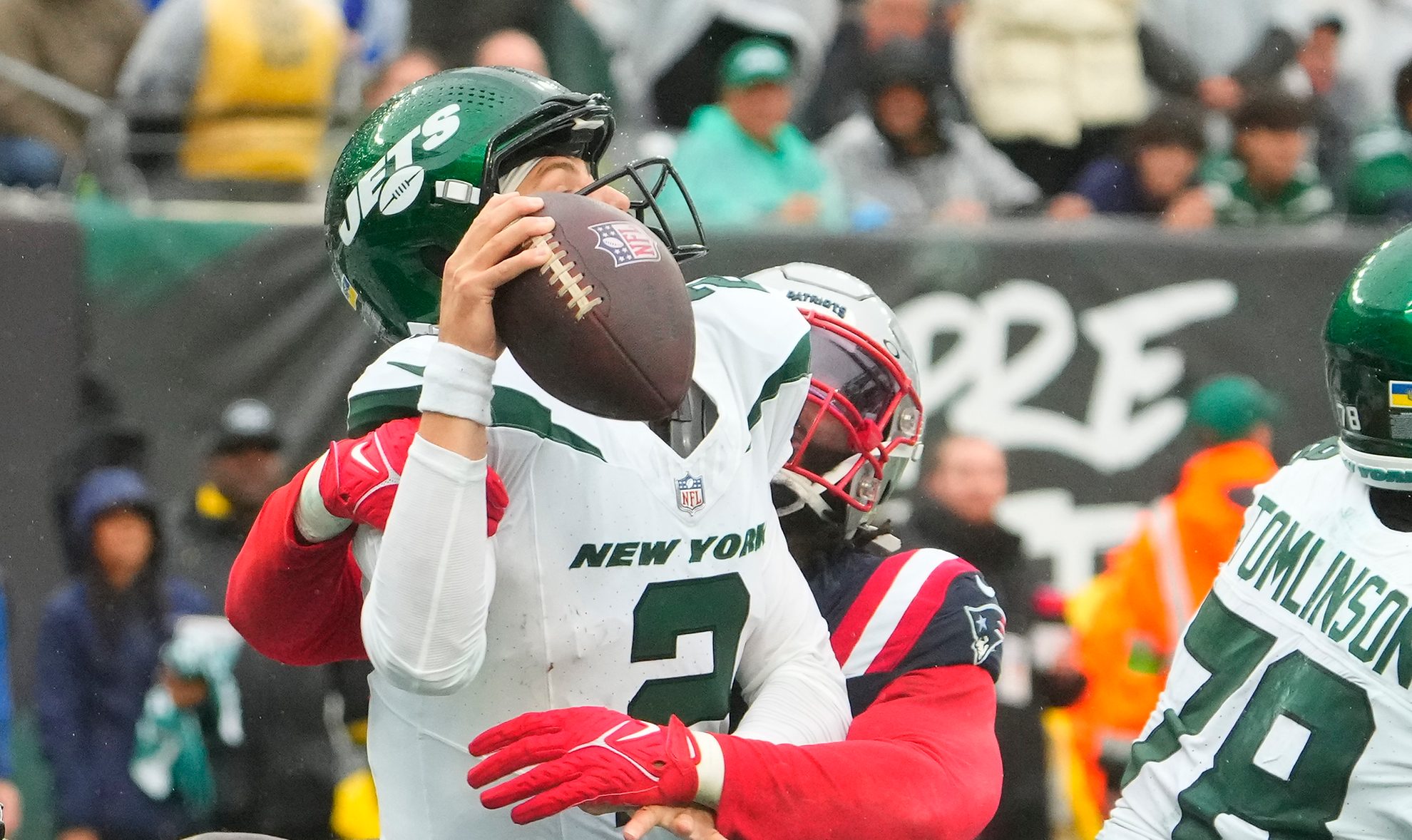“Turn on tha radio, nah fuck it turn it off
Fear is your only god on the radio
Nah fuck it, turn it off”
I have a very clear picture in my head when I think about listening to songs from Rage Against The Machine’s Evil Empire when I was 17.
I’m with a group of friends. We’re in the car, possibly with a destination in mind, possibly not. It’s late and you never see more than two other cars at any given time on this three-lane highway. Someone’s got the window down and the wind whips us in the face. The volume is turned way up to compensate for the sound of the wind, but also because how else do you listen to Rage Against The Machine?
There’s four or five of us crammed together, all singing, making sure the other ones know that you know all the lyrics while they make sure you know that they know. It’s important that we all know that we know.
It made a lot of sense back then. That’s all we needed. A car, open road, Zack de la Rocha’s scratchy voice, Tom Morello’s affected guitar sounds, Tim Commerford’s bass solos, Brad Wilk’s drumbeats, and one another.
Twenty years later, I realize it actually doesn’t make any sense at all.
“Can’t waste a day when the night brings a hearse
So make a move and plead the fifth ’cause ya can’t plead the first
Can’t waste a day when the night brings a hearse
So now I’m rollin’ down Rodeo wit a shotgun
These people ain’t seen a brown skin man
Since their grandparents bought one”
When Evil Empire was unleashed on the world on April 16, 1996, it is safe to say that it was an album speaking to someone else and someone very different than me. Zack was rapping about the Zapatista revolution, anti-colonialism, and police corruption. As a 17-year-old white kid from suburban New Jersey, I was too busy bobbing my head and trying to out-lyric my friends to really understand any of that. I wasn’t stupid, I got the gist of what Rage was trying to say, but I never truly got it. Probably still don’t.
I was not a brown skin man then. I am not a brown skin man now. I would never roll down Rodeo with a shotgun. In fact, I have rolled down Rodeo on many occasions and every time it was to window-shop or buy cupcakes.
So, yeah, this album was not for me.
And yet, it was so quintessentially of my teenage years that it’s hard to imagine a scene from that time in my life that doesn’t feature a song from this album or its predecessor. I listened to it in my car. I listened to it in my friends’ cars. I listened to it at home while playing Tecmo Super Bowl. I listened to it in the locker room before and after lacrosse practice.
Yes, lacrosse. A sport played mostly by middle- and upper-class white people who appropriated it from the Native Americans who often lack the privileges that make it possible for the rest of us to play with expensive equipment and well-appointed facilities. When you say it like that, it sounds a bit like the basis for a Rage Against The Machine song. And here we were, the 40+ players who made up my high school lacrosse team, almost all of whom were also white suburban kids, trying to outdo one another to see who knows the lyrics to “People of the Sun” best.
“I got no property but yo I’m a piece of it
So let tha guilty hang
I got no property but yo I’m a piece of it
In the year of tha boomerang”
It wasn’t hard to enjoy the music in Evil Empire. The musicality of the album was such a unique, potent experience. De la Rocha’s lyricism was infectious and while he may have been somewhat responsible for the rap-rock mudslide that followed, he certainly didn’t seem to be trying to do anything other than spread his message. The appreciation for Tom Morello usually veers towards the unique and different sounds he was able to create, but the way he was able to insert his influences into the music and play with them was just as ingenious. As much as their music sounded different from everything else at the time, there was something so musically-relatable buried underneath, too.
Identifying with the music in Evil Empire is a different story. I didn’t really understand what they were talking about then and, to be quite frank, I had to look up some of the song’s true meanings just to write this. A couple times I was correct and a couple times my ideas of what the songs were about were miles off. A lot of it had to do with the fact that what Rage was raging against was something suburban America didn’t even realize existed. Still probably doesn’t, not really.
https://www.youtube.com/watch?v=L5qeL7AghIo
I liked to think that I could identify with the music a bit more than others because I was Jewish. After all, in “Year Of Tha Boomerang,” Zack sings “Ya weigh me on a scale, I’m smellin’ burnt skin/it’s dark now in Dachau and I’m screamin’ from within.” Hey, I had relatives in the Holocaust! I get what Rage is saying. I’m on their level. Right? Never mind that I had no real connection to that past or what it meant to live as a Jew in Germany in the 1940s. I wanted so hard to be able to recognize myself in their music that I was willing to leap when necessary. And it was always necessary.
Maybe that’s part of why we liked this album so much. Looking back, I often find myself wishing my childhood involved a little bit more… experience. That it was a little rougher around the edges. Perhaps that would have given me skills and abilities that I don’t currently have as a 37-year-old man.
It’s an absurd notion because the romanticized version of what I’m talking about, growing up in a city or growing up far away from the nearest McDonald’s or 7-Eleven, doesn’t exist. Those lives include hardships and pitfalls that 17-year-old me would have been downright incapable of facing. I could listen to the pain and anger behind “Bulls On Parade,” but I had no concept of what was really driving that song. Frankly, as much as I would have said otherwise, I didn’t want to.
“We gotta take ’em to tha seventh level
For their lives and my lives were never settled
Come on, don’t freeze when zero hour comes
Come on, come on, don’t freeze when zero hour comes
Come on”
Twenty years later, the relationship with Evil Empire remains complicated. Dusting off the album for the first time in a while, it’s so easy to fall back into the unconscious head-bob. It’s like riding a bike. Message aside, most of those songs are engineered to hook you musically. It’s once Morello’s ear nugget has your attention that the lyrics come in and really hit you.
A little older and a little wiser, it’s easier to actually understand what’s going on in each song beyond a cool guitar riff. Our eyes are slighty more open these days to what the rest of the world goes through, so it’s hard not to at least understand where the music comes from, even if you can’t put yourself in the shoes of its subjects.
I’m still drawn to the same songs and reminded how the album was solid from beginning to end. Admittedly, once I listened to “People of the Sun,” “Bulls on Parade,” and “Vietnow,” I usually skipped over “Snakecharmer” and “Tire Me” to get to “Down Rodeo” and then skipped the next two tracks to get to “Roll Right” and “Year of tha Boomerang,” which then fed right back into the beginning all over again. That’s pretty much still the case.
It’s the kind of album that you’ve listened to a million times, featuring singles you’ve heard on the local rock station a billion times. Yet, if you can find a way to get away from it for a bit, it feels very relevant and fresh all over again when you do come back. That’s certainly the case with most of the pain behind the lyrics.
Most of the songs on Evil Empire are about consequences and making those actionable feel responsible for it. For my friends and I, I suppose then that it worked. This album was not for us and yet it became essential to us.
We’re the unintended consequences of putting out good music.








I loved the text keeley, congratulations, here in Brazil, we have the group of RAP “Racionais mcs” they sing the song “Negro drama” that many whites heard and ended up understanding this song “that was not for them”
Hugs